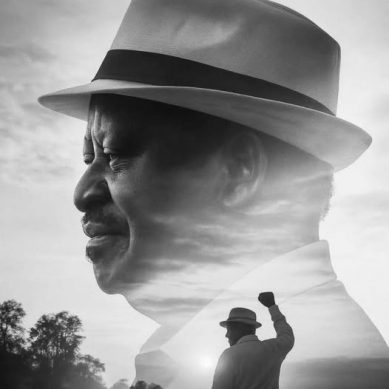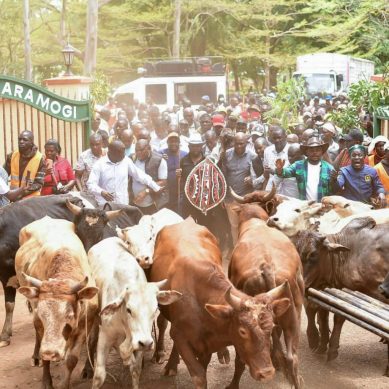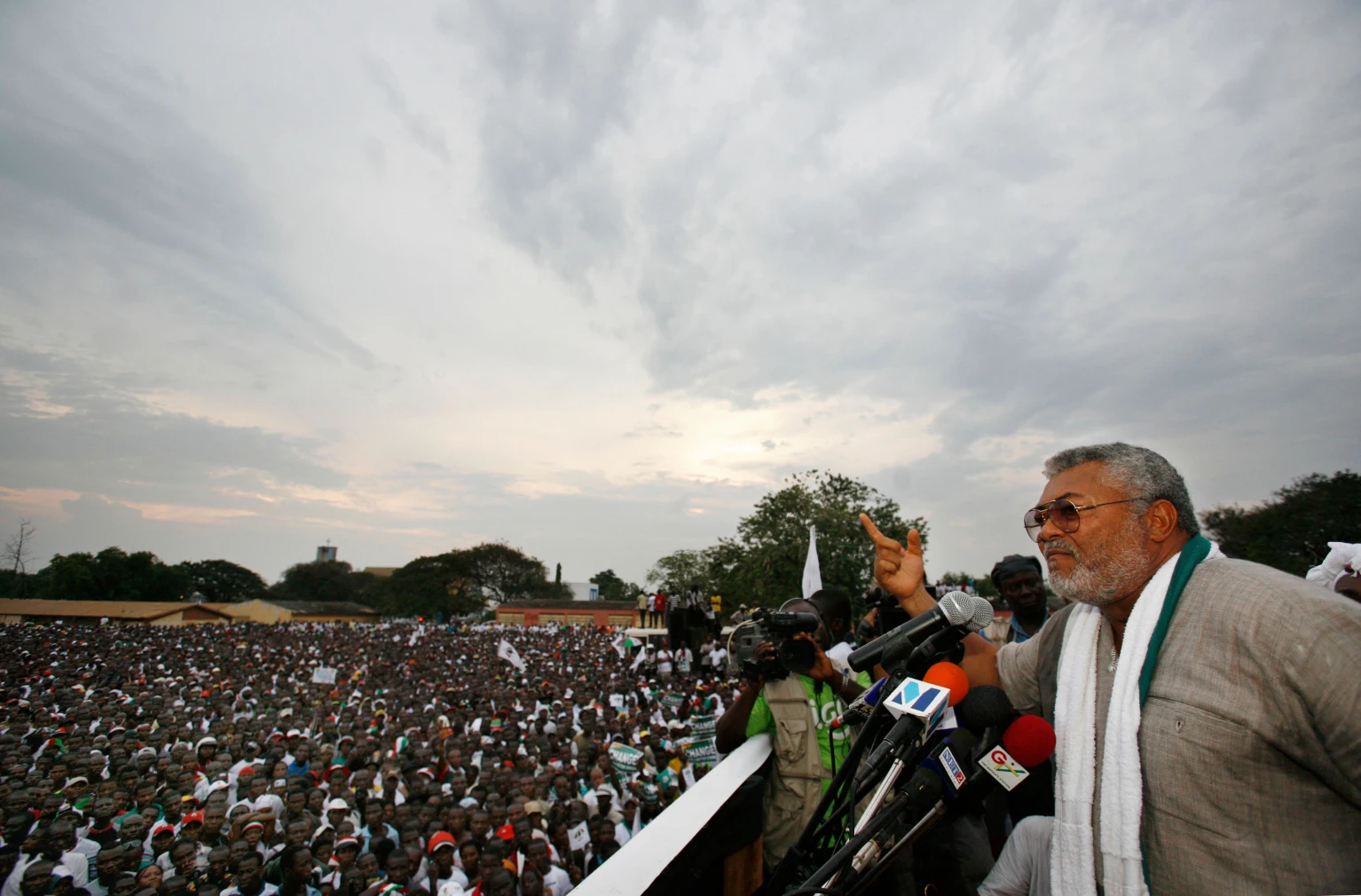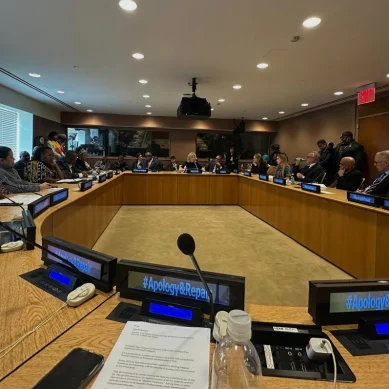Great grandchildren of former slave owners and slaves in the Caribbean up the ante for reparations at UN meeting
The Geneva-based Human Rights Council has called for global action for years, including reparations, apologies and educational reforms to make amends for racism against people of African descent. The 15-nation Caribbean Community, known as CARICOM, has a 10-point plan for reparatory justice, starting with demands for European countries where enslaved people were kept and traded to issue formal apologies.
Divine message: Catholic cleric blasts Kenya president’s reckless borrowing, misuse of loans
The cleric further termed human organ trafficking as unacceptable saying a person can donate their organ upon demise through a will to be used by patients who want it.
Row over Governor Orengo’s rejection of Kenya’s so-called broad-based government lifts veil off age-old revulsion of Odinga family in Nyanza
James Orengo is alleged to have ferried mourners to the funeral to show his might against the duo and his actions have elicited strong reactions with some terming it as an embarrassment to his party leader Raila Odinga in the presence of President William Ruto.
Bluffs and contradiction that were Ugandan kingdoms: Why Museveni created so-called cultural institutions to manipulate politics
The strategy was to de-politicise the defunct kingdoms and make them completely dependent on the centre, which wanted to use them to achieve its political ends. This strategy made the LC1 politically more powerful than “the new cultural leaders”. LC1 or Local Council One is the lowest level of political organisation and administration of government.
As rest of Kenya grapples with medical supplies shortage Kakamega County in the west restocks its 181 health facilities
While presiding over the launch, Governor Fernandez Barasa warned health officials involved in drugs and other medical supplies racketeering that they would apprehended and arraigned in court. Besides, he warned, they risked being sacked.
Long before US brutally sliced international funding there were pointers donors are fatigued
Ignoring US funding to focus on the wider base of donors, the numbers show how humanitarian funding reached a peak in 2022, when donor governments gave 52 per cent above their 2015 levels. When including US funding, however, humanitarian aid continued to rise in 2023 before starting its decline.
Who owns Uganda? How Museveni’s army robbed and destroyed banks, cooperatives factories in Uganda under the spectre of privatisation
The NRM regime’s President Museveni had also declared that the economic tool for development in Uganda would be privatisation because public ownership had failed to spur Uganda’s development. Privatisation has been defined as the transfer of a business, industry, or service from public to private ownership and control. Others see privatisation as the robbery of what belongs to the poor and needy by the rich and powerful.
Marionette or president? How United Arab Emirates funds Ruto’s pork barrel politics to gain easy access East African natural resources
In Nairobi, security and international diplomacy experts aver that Kenya’s credibility is headed for the headwinds following US’ Africa policy switch that signals disengagement with the continent. US aid freeze leaves African countries at the mercy of Middle East kingdoms that have become influential as alternative lenders to World Bank, International Monetary Fund and the US.
Girls at War: Rattled Kenya regime fires bullets and teargas at unarmed schoolgirls to stop Echoes of War play as world filmmakers zoom in
The inconsistencies in government position on creative have at times been hilarious, even ridiculous, the kind of flip-flopping that has now attracted the likes of Hollywood to inquire about playwright’s willingness to turn the play into a film on Kenya’s outrageously corrupt Ruto administration.
Legions of Uganda’s wolves in sheep’s manger is widening as conscience is exchanged for political largesse
However, it should be mentioned that the president of Uganda has consistently and persistently used public money to buy the conscience of people across all social strata, including youth, women and men for political gain and at the expense of institutional growth, development, stability and integrity.















